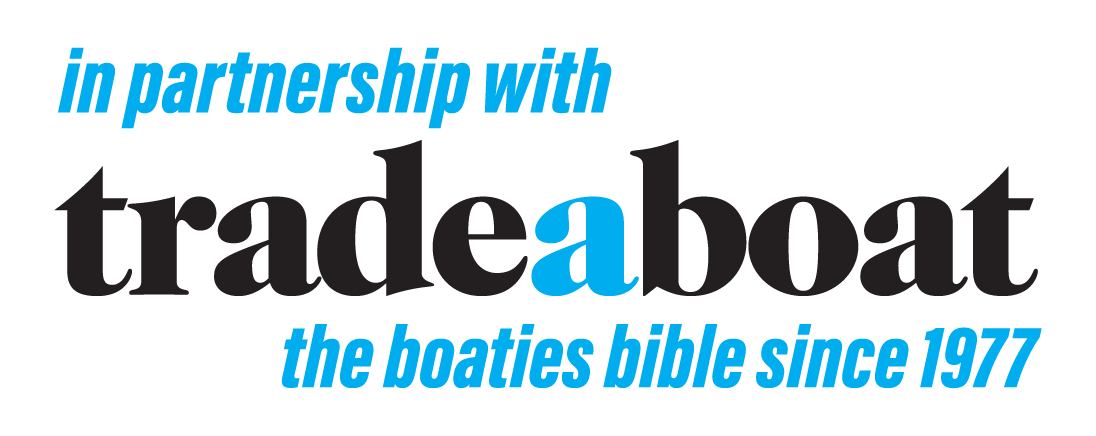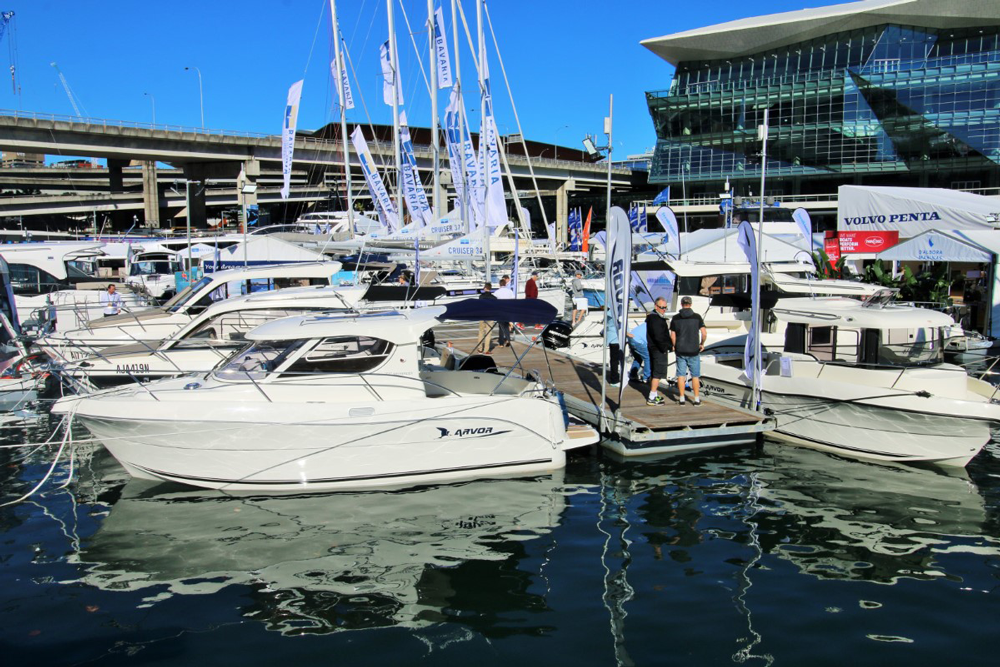
Buying a New Boat
Buying a new boat and hunting for the best one? I'll tell you the secret I've learned after a lifetime of boating. There isn’t a perfect boat for every application, and the best boat is the one that keeps you afloat, safe, comfortable, and provides for your situation on the day.
If you are an experienced boatie or have a dedicated purpose, many of the questions on buying a new boat have probably already been answered. But if you are a newcomer, there are plenty of considerations to ensure you maximise your hard-earned dollar. Many will only consider a new boat over used. Some simply don't like hand-me-downs or other people's troubles. But in real terms, provided you buy wisely, boats do not attract anywhere near the depreciation that occurs with products such as motor vehicles.
If you've decided that a brand new boat is going to be best for you, here are some tips on making that final choice of which boat to buy. It also includes those forgotten essential extras that can eat into your boating budget.
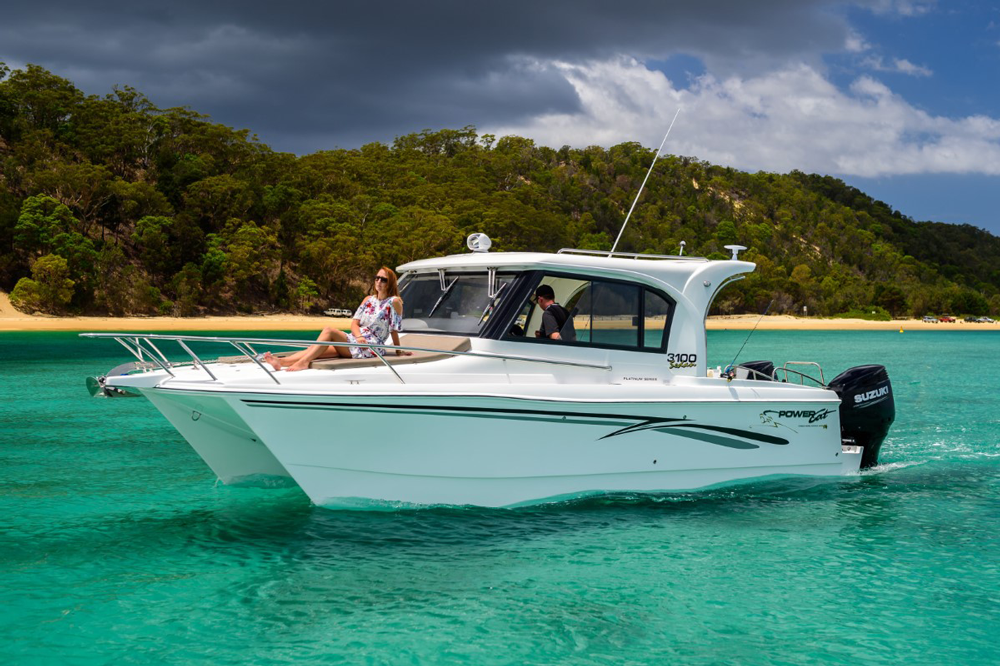
Budgeting for a New Boat
Budget is a big part of the decision to buy a new or used boat, but even once you've chosen, the budgeting considerations won't stop there. It's still a good idea to anticipate expenses for your new boat so it doesn't stress your budget or lifestyle.
You won't want to feel guilty if life factors and events mean you can’t use your boat as often as you like. So, in addition to the purchase price, you'll still need to consider maintenance, servicing, upgrades, accessories, repairs, fuel, insurance, registration, and even, in some cases, storage costs.
Logistics
What is the purpose of the new boat? Is it a dedicated fisher, wakeboarder, skier, surfer, cruiser, dive boat, entertainer, or overnighter? And where do you intend to use it? Is a lightweight pressed aluminium boat suited to your environment, or maybe you need a soft-riding but stable fibreglass or plate aluminium boat for more demanding activities?
Perhaps you are a true long-range seafarer with many factors, experience, and costs to consider. Or perhaps you are a daysailer on the local lake? Freshwater vs saltwater environments demand different cooling methods and sometimes added lubrication and corrosion prevention. Your boat purchase is all about nautical passion and enjoyment requiring considered logistics.
Type of Boat
There are many boat styles, each with its own merits and applications. They range from basic family runabouts, half and cuddy cabins, to larger moored craft of all descriptions, including cruisers, sailboats, houseboats, and pontoon boats. Some have dedicated purposes such as wakeboarding, racing, diving and the many different styles of fishing, but others are general-purpose boats simply built for fun!
Whilst there is a dedicated following for timber construction, most production boats are aluminium or fibreglass/synthetic, with a growing trend to inflatables, RIBS, plastics and all manner of personal watercraft.
Layout
I learned from many years of boat sales experience that most new boaters think they need large cabins for overnighting and the kids. Nothing could be further from the truth in a trailerable size craft.
First, you need deck space for all of the on-water activities. Second, the easiest way to get the passengers, especially kids, seasick is to put them in the cabin. And lastly, have you ever tried to sleep in a small boat? Some can do it. However, you will be awakened by every ripple, slap, noise, and movement on the waterway.
With that said, I own a half cabin offshore style boat as I would often drive to destinations and sleep in the boat while it's on the trailer ready for an early alarm the following day. Boat ownership allows each to their own, but all are worth considering.
Trailering, Wet, and Dry Storage
Will you be trailering your new boat? If so, consider the capacity of your towing vehicle as a priority. Perhaps wet or dry storage options, maybe a marina berth is more your style; for some, it’s a combination of both. Sometimes, a specific destination's launching/retrieval requirements dictate the type of craft.
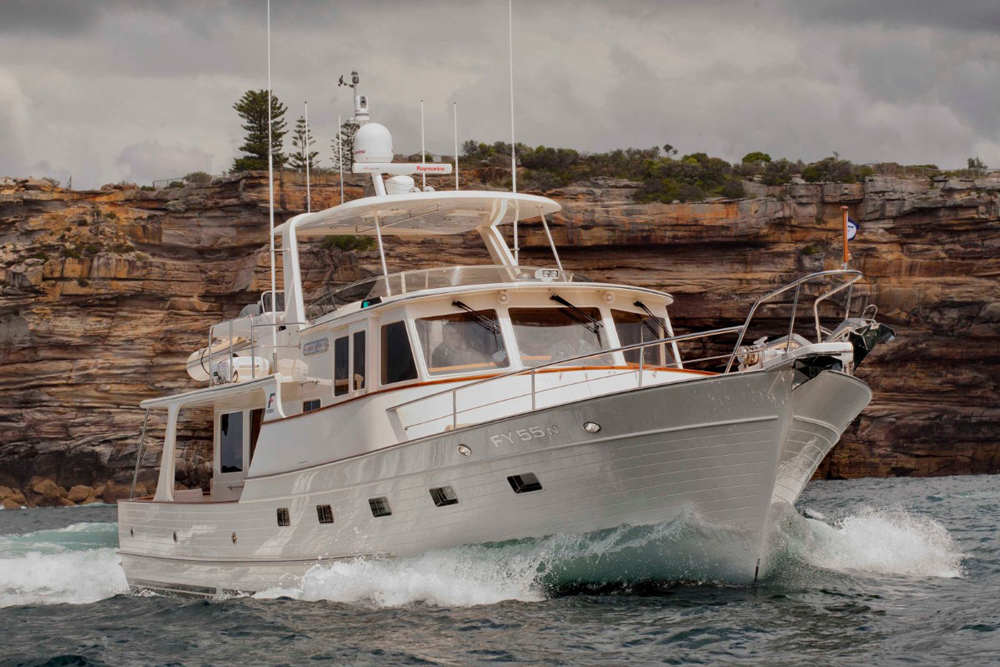
Size Does Matter
Many new boat buyers think they will constantly take large groups of family and friends boating. The reality of our modern lifestyles is that this rarely happens. Pick a boat of a reasonable size that is easily manageable, allowing for your gear, accessories, equipment, and a reasonable number of passengers. The easier you make boating, the more you will do it. And remember, all boats need to be washed and refueled at the end of the day!
Personal Capabilities and Experience
The last thing you need is to turn your boating dream into a nightmare, especially if you damage your beloved new boat – or yourself and your loved ones. Go down to any busy boat ramp or harbour on a change of conditions and watch how some people safely launch/retrieve and maneuver with ease while others are a danger to themselves and every other boat in the vicinity.
Expensive mistakes can be very easy to make. Getting a boat license does not grant you wisdom or experience – it must be learned. Be sure of your personal abilities and stay within their boundaries. You may need accessories such as Boat Catches and anchor winches to make boating life simple, safe, and easy.
Licensing, Regulation and Safety Equipment
Every state has different boat registration and license criteria, but thankfully, they are all interchangeable for interstate travelers. However, fishing licenses and regulations, boating safety equipment, restricted practices and waterways, speed limits, and no-go zones differ in almost every waterway. Always check the local area's requirements – or pay the price!
Safe Navigation
Whilst we all criticise our weather services, the fact is that they are mostly very accurate. Online apps and websites such as Windy, Buoyweather, and the BOM provide very good forecasts and data, including tidal information. Our modern depth sounders/GPS are very affordable and allow information for safe and easy navigation. But remember, sand movements can occur almost overnight, flotsam and jetsam can surprise you at any time, and there are many other unseen dangers for the unaware, so stay vigilant on the water.
Ongoing Costs for New Boats
In my opinion, insurance is a necessary evil, and several factors must be considered. These include market vs agreed value, added tow sports cover, depreciation, ensuring all accessories are covered, lock and securing requirements. There is more than meets the eye, so read the PDS carefully. Boats are high-maintenance items in often corrosive elements, so ensure you maintain a suitable service and maintenance program on all items including hull, trailer, engine/s and all accessories and safety equipment.
Research and Shopping for a New Boat
Once you have considered your needs, budget, and boating lifestyle objectives, it's time to go shopping. Boat shows are a good way to meet directly with dealers, and you can also shop for new boats for sale online and get some great deals.
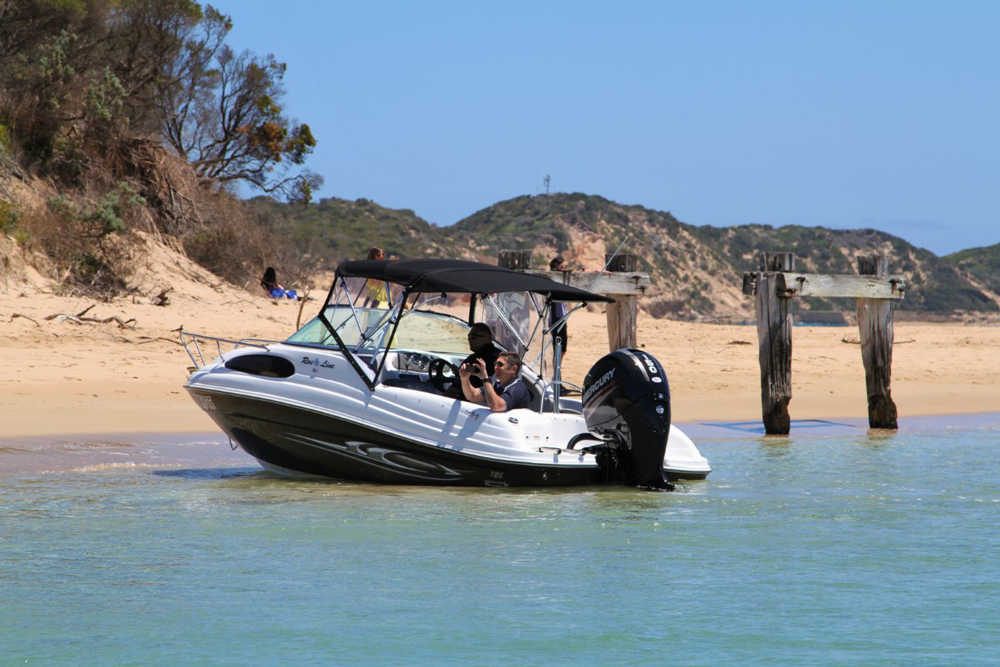
1. Construction
Take a tape measure! Boats are often measured differently, and their model designations may not necessarily reflect the actual dimensions. For instance, one popular brand once measured boats around the combings or gunwale while others used waterline, actual hull, or overall length.
Not all boats are built to the same standards. For example, a custom sportsfisher is mainly built to a higher standard than a production boat - and even production boats vary considerably in manufacture. A plate aluminium boat may be anything from around 4mm to 8mm in hull thickness and yet look outwardly the same.
2. The Brand
Spend some time researching the brand you are considering, and the dealer. Premium, reputable brands have generally earned a following for good reason and can demand higher resale prices when the time comes.
Read reviews and research the internet – but be careful who is giving the advice. I always say, “Review the reviewer before you read the review.” There is generally far too much unqualified opinion and often skullduggery on social media, but this can also be true of commercial media as well.
3. Power and Accessories
Dealers are mostly restricted to offering their authorised engine brand, or sometimes that as supplied by the OEM (Original Equipment Manufacturer). Ensure you have selected a dealer offering a suitable brand and horsepower. Optimum choice is generally close to the hull's maximum engine rating but may differ with application and correct advice.
Drive-on style boat trailers were invented in the 1970s, and many have now been perfected. My advice: Demand one (where applicable), and make sure you learn how to use it! There are plenty of accessories to consider at this point, including canopies, electronics, stainless steel accessories, safety gear, etc.
Yet again, creating a spreadsheet of desired features may be worthwhile. But get the base BMT (boat/motor/trailer) package right to start – there’s always Christmas and birthday presents for the rest!
4. After Sales Service
At this stage, you need to consider the dealership and backup service. It’s no use buying a boat from a dealer that is many miles away just to save a few bucks, as returning the package for service and warranty may end up costing you more in the long run! You want to develop a good relationship with your dealer. In fact, many of my previous clients became my best friends!
5. Price
Price is obviously a primary consideration. However, if you need to pay that little extra to get the boat of your dreams from your desired brand and dealership, then those extra few dollars will fade quickly into insignificance over the lifespan of your beloved boat.
6. Warranty
Carefully consider warranty and backup. How many individual warranties are applied to the package? Is it better to buy an OEM package for optimal warranty coverage? Do you fully understand all of the warranty conditions? Where are the service and backup locations? Are international warranties applicable?
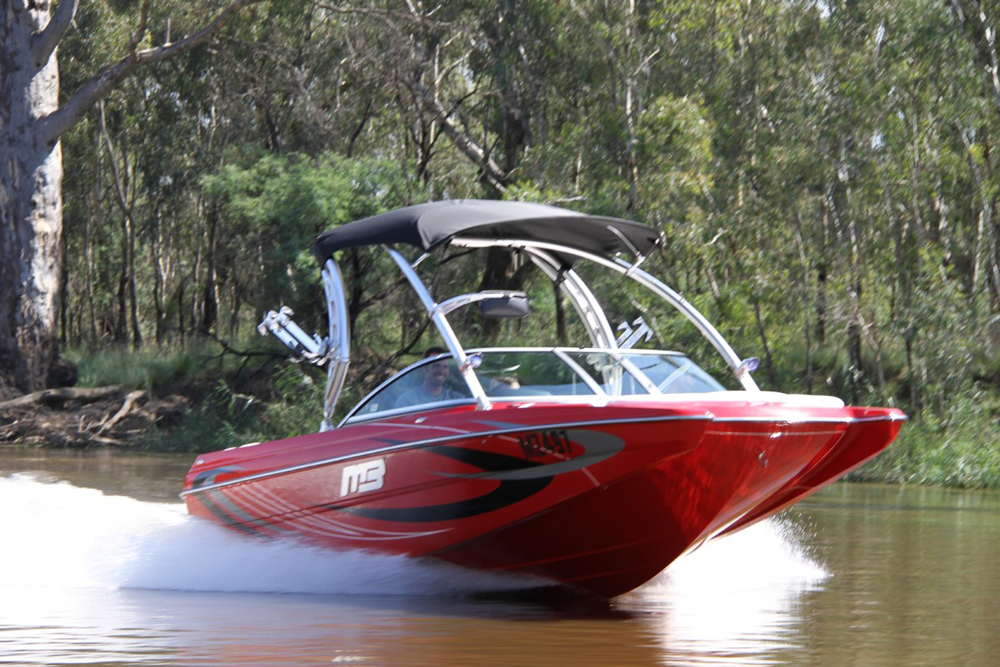
Before Signing the Contract
1. Test Run
You can sign a contract subject to conditions such as a satisfactory sea trial or test drive. You may have to accept a run in a dealer stock boat that may not have the engine and accessory set-up that you finally select.
2. Trade In
You can sign a deal subject to agreed trade-in valuation. Note that this figure may vary on dealers physical inspection and mechanical report.
3. Finance
You may also wish to sign a contract subject to suitable finance availability. This is especially true at Boat Shows where you try to capitalise on special prices for limited periods.
4. Other Conditions
In the past, I have made contracts subject to many practical considerations, such as overall length/height for storage, and even one deal subject to the owner being able to back it down a steep, twisting driveway!
5. Delivery
On-water deliveries are often a good idea for new boats. This ensures that the package is fitted and performs as desired. Complete all paperwork required for the exchange and follow up by ensuring that all warranties are registered.
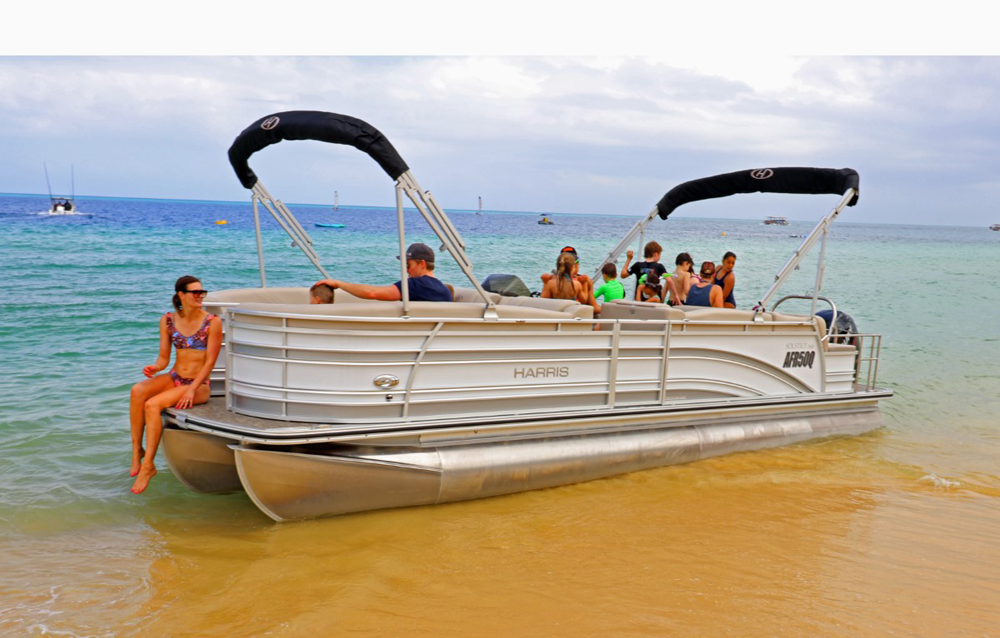
Let's Have Fun!
Finally, go and have plenty of fun, fun, fun with your brand new boat of your dreams. A good friend of mine once said that you can never get everything you want in just one boat – so you deserve at least two!
Still on the fence about buying a new boat vs a used one? You can also check out my used boat buying guide for details on how that experience is different. Only Boats has a great selection of new and used boats for sale in Australia. Whether you go with a pre owned boat or a new boat, you're going to love having your own boat!
Getting boat finance sorted shouldn't be the hard part of boat ownership. Credit One has helped thousands of Australians get on the water, earning a reputation as Australia's best-reviewed finance broker with 3,000+ glowing Google reviews to show for it. See what customers have experienced by reading their Credit One reviews, or use the loan repayment calculator to work through your options.
